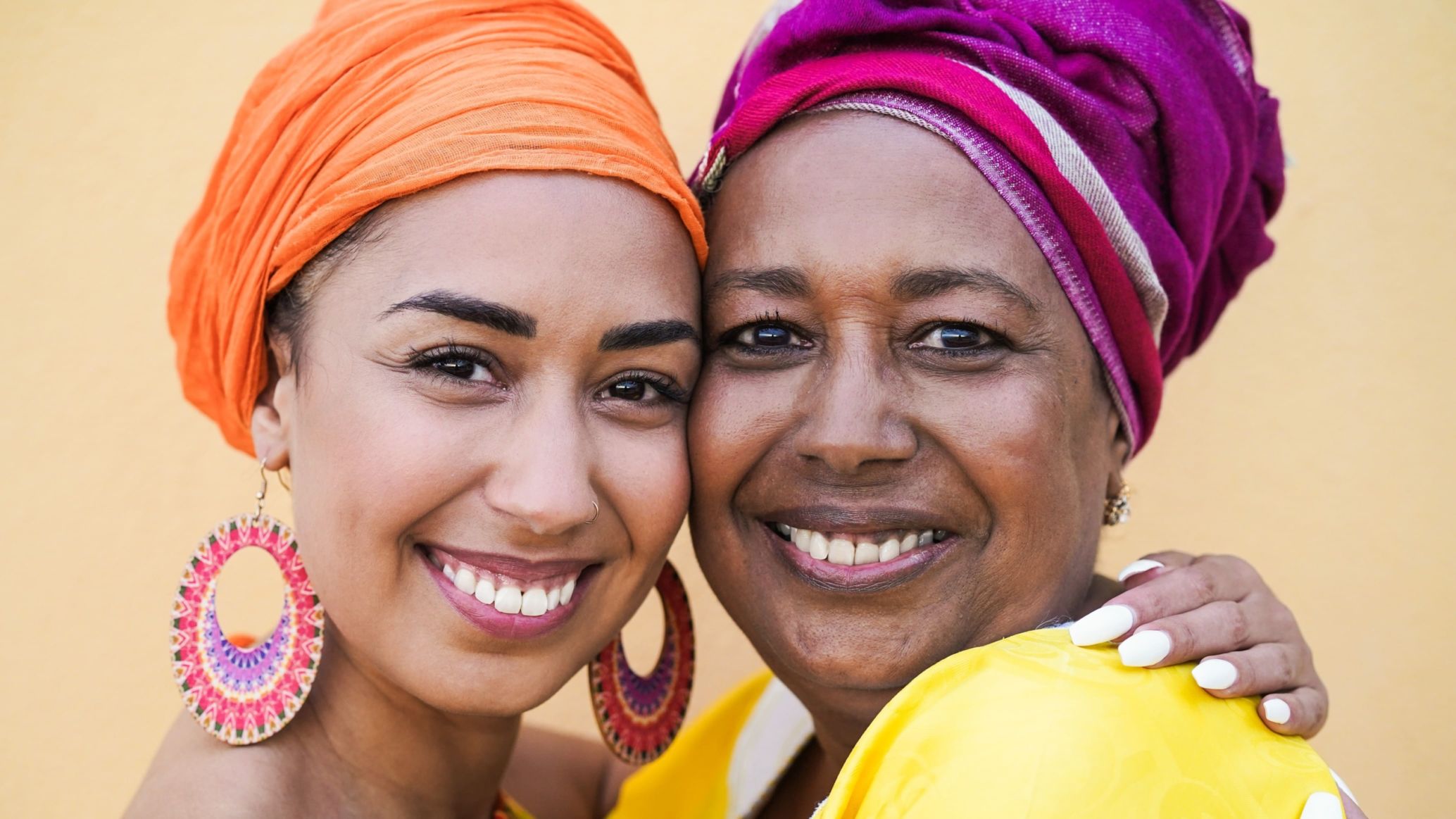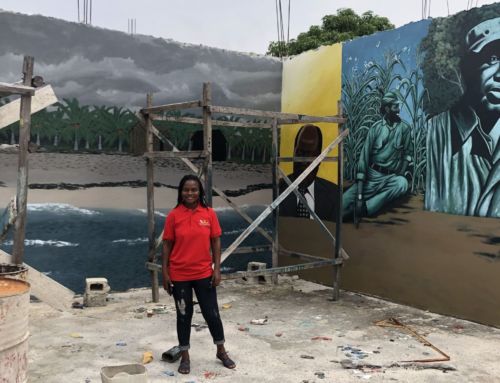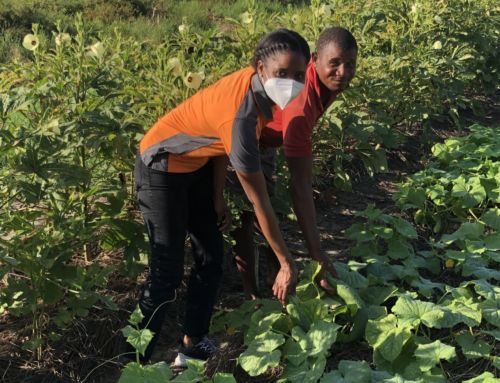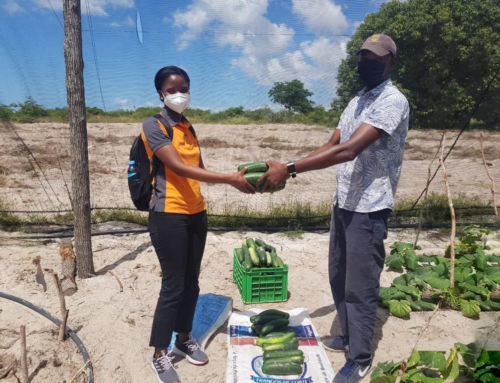Even today, women in Mozambique have to fight for their rights. They keep the family together and take care of the education of the children. Learn more about the role of women in Mozambique and what the Capulanas are all about.
Josina Machel: Feminist and Resistance Fighter
Josina Machel was born Josina Abiathar Muthemba on 10 August 1945 in Vilankulo (Inhambane province). In 1963, at the age of 18, she fled Mozambique to join the liberation struggle against the Portuguese colonial regime in Tanzania. Josina Machel quickly rose within FRELIMO (a Mozambican resistance organisation). She received military training and in 1969 she was put in charge of the Social Affairs Department and the Women’s Department. The same year, she married Samora Machel, who became the first president of independent Mozambique in 1975.
Early Death of a Heroine
Unfortunately, she did not live to see Mozambique’s liberation from the Portuguese. On 7 April 1971, Josina Machel died in Dar es Salaam (Tanzania) after a serious illness at the age of only 25. However, her tireless struggle for independence and women’s rights make Josina Machel unforgettable. To this day, she is considered a heroine in Mozambique.
The Role of the Mozambican Woman
In Mozambique, different cultures, traditions, ethnicities, and beliefs are united; and this also influences and changes the role of women.
From an early age, many Mozambican women are still trained to serve their husband and to stand by his side unconditionally. However, they do not only have to be a good wife, but also have to fulfil the role of a loving mother or an obliging daughter-in-law.
Being a Mozambican Woman Often Means
- taking on an important role in society without receiving any recognition for it.
- to be the real “head of the family”: loving, gentle, attentive, modest, cheerful, but also strict and consistent, just as the situation demands.
- to always put the family first and to take a step back for it.
- to be a fighter who remains strong and hopeful when everyone else would give up.
Gender Equality in Mozambique
The commitment of the UN and non-profit organisations regarding the fight against discrimination against women has led to a change in the role of women in Mozambique. One success of the initiatives has been that the government has established ministries and institutions for women’s rights.
However, Mozambique still ranks among the lowest in the UNDP Gender Inequality Index. Women are often not supported when they want to pursue a career. Moreover, they are rarely in decisive positions, both professionally and privately, when it comes to property or land, for example. This shows that the country still has a long way to go to strengthen women’s rights.
The Capulana as a Symbol of the Mozambican Woman
Capulanas are more than just colourful pieces of cloth. In Mozambique, they have a high cultural value and are visible signs of belonging. The status of Mozambican women is often measured by the number of capulanas they own.
But the colourful garments are much more to Mozambican women, because each capulana tells its own story. They accompany the women to various events and are thus a visual souvenir of a certain time or period in their lives. This also gives the fabrics a high emotional value.
Many women keep their capulanas in chests and bequeath them to their daughters or other female family members as part of their trousseau.
Our volunteer and native Mozambican Charline Mendonca sent us a picture of her wearing a capulana for Mozambican Women’s Day. Obrigada, Charline!










